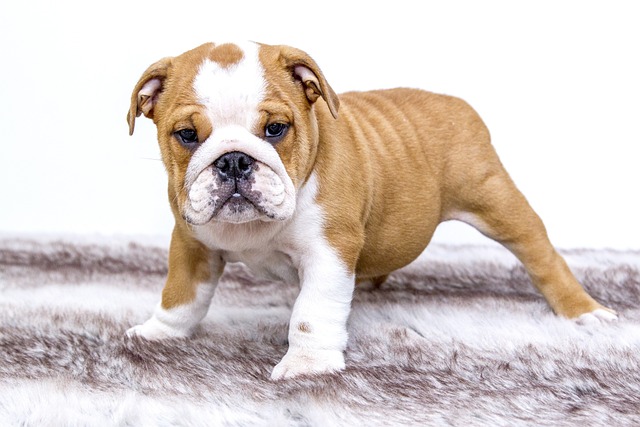
How do i train my dog to be obedient?
Watching your dog dart across the park ignoring your calls isn’t just frustrating—it can put them at risk near busy streets or public spaces.
You're holding that wiggly ball of fur, treats in hand, wondering: "When should my puppy actually start getting these basic commands down?" It’s a top question for new dog parents across the US, whether you're in a bustling Brooklyn apartment or a quieter Ohio suburb. The good news? Puppy brains are incredibly receptive, starting much earlier than many folks realize.
Science tells us the prime window for foundational learning kicks in around 7 to 8 weeks old, coinciding with when most pups join their new homes. Their brains are like sponges, eager to explore and connect actions with consequences. This doesn't mean expecting flawless "heel" by week 9! Focus instead on building blocks: associating their name with attention, simple engagement like eye contact ("look at me"), and the absolute essentials – "sit," "come," and a reliable release cue like "okay" or "free." Think short, fun sessions: 2-5 minutes, multiple times a day, always ending on a success. Grab their kibble portion for training – it turns dinner into a learning game. The key? Instant rewards and genuine enthusiasm. That joyful "Yes!" and treat delivery the millisecond their butt hits the floor for "sit" wires the connection deep in their puppy brain.
By 12 to 16 weeks, with consistent, positive daily practice, most pups can reliably respond to those core commands in quiet, familiar settings like your living room. This is also the critical period for socialization. Remember, "socialization" isn’t just playdates; it’s calmly experiencing the world. Practice "sit" before opening your apartment door to the hallway, or "come" during quiet moments in your fenced backyard. If you live upstairs, start practicing gentle paw handling early to prep for future nail trims, avoiding startled reactions that echo through shared walls.

Crucially, training in the US isn't just about convenience; it ties directly to responsible ownership and local laws. A solid "leave it" command prevents them grabbing dangerous street litter during walks. Mastering "come" is vital near roads or unfenced areas. Legally, your pup needs age-appropriate vaccinations (check your county's specific rabies vaccine law!) before group classes or dog parks. Always, always carry poop bags – cleaning up immediately isn't just good manners in your local park or sidewalk; it’s often mandated by city ordinances and shows respect for your community. Yanking leashes or harsh corrections? Big no-nos culturally and counterproductive. The American veterinary and training community strongly advocates force-free, positive methods – think treats, praise, and patience, building trust instead of fear.
Progress isn't always linear. Distractions are real! That squirrel in Central Park or the mail carrier at your suburban door is way more exciting than your kibble. Don't panic. Gradually introduce distractions after a command is solid at home. Start in your slightly busier backyard before hitting the sidewalk. If they flop at "stay" with a new distraction nearby, simply reset to an easier step. Consistency from everyone in the household is non-negotiable – use the exact same cue words. By 6 months, with dedicated positive reinforcement, your pup should understand and respond to basic commands reliably enough for polite daily life: waiting calmly at doors, coming when called off-leash in safe zones, and settling during your neighborhood cafe visit. It lays the essential groundwork for a well-mannered, safe, and deeply bonded canine companion who fits smoothly into your American lifestyle.

Watching your dog dart across the park ignoring your calls isn’t just frustrating—it can put them at risk near busy streets or public spaces.

New puppy owners often find themselves rushing to clean up accidents before they set in, and that’s where puppy pad training becomes a game-changer.

If you've noticed your dog's waistline disappearing and your veterinarian has mentioned those few extra pounds, your first instinct might be to simply reduce the amount of food in their bowl.

Training a dog to use a designated spot indoors isn’t as daunting as many new owners fear, but it does take consistency and an understanding of your pet’s needs.

That moment of dread on a walk is all too familiar for many new dog owners. You see another dog approaching down the sidewalk of your neighborhood

If the sight of another dog on your neighborhood walk makes your heart sink as your own dog erupts into a frenzy of barking and lunging, you're not alone.